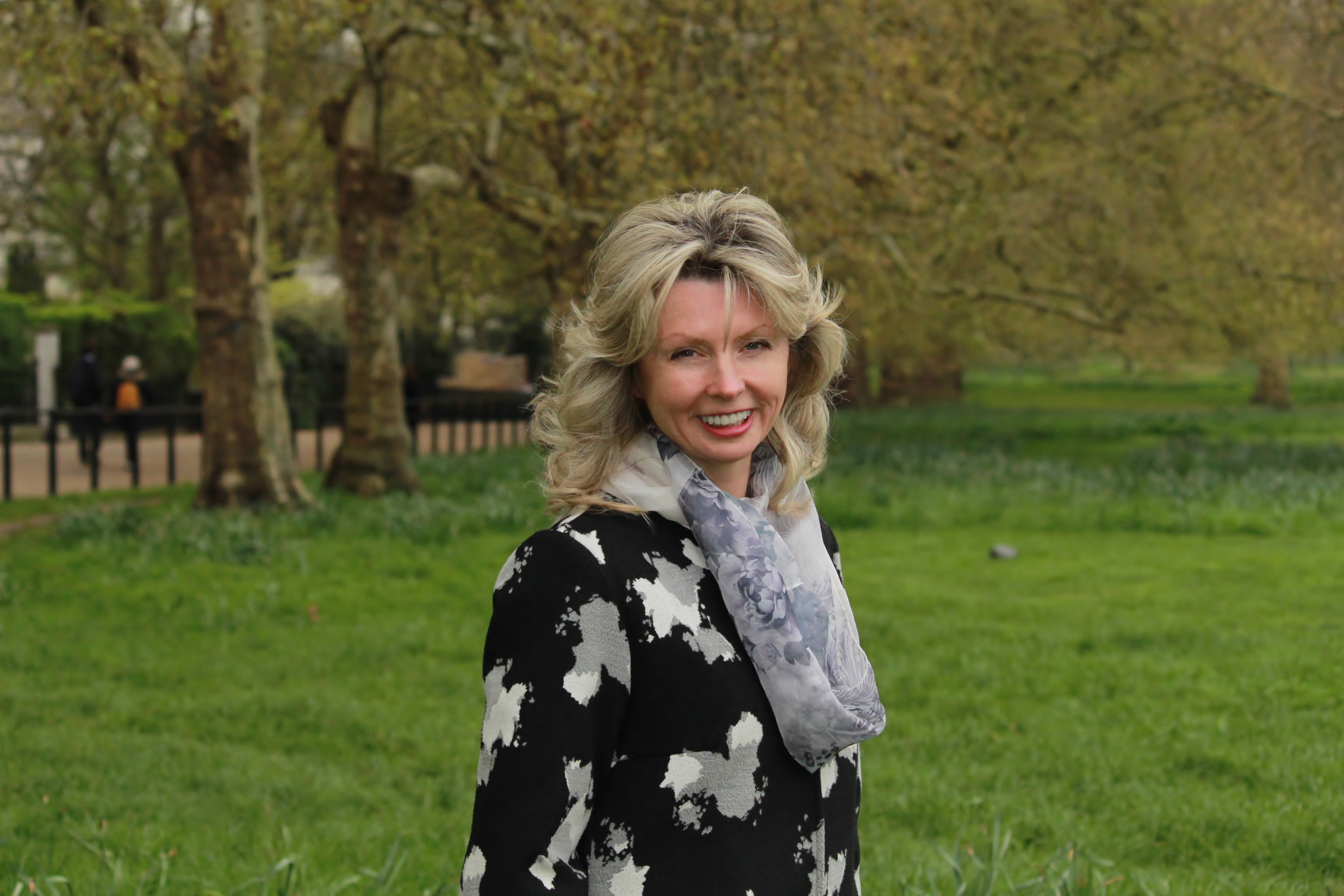The intensity of big cities fascinates us. London has fascinated me with the masterful skill with which she "sucks" people into her fast pace, making us believe in our own existence and importance here in this city.
When life presents us with a moment of peace in a different environment, the big city's spell suddenly wears off, the realisation dawning that all the rushing and running about might be a little senseless.
Originally from a small Baltic state, I suppose I was lucky to grow up in green and peaceful countryside, but strangely enough I always longed to be in the city where, from the outside, life seemed much more exciting. Now having lived in one of the most exciting cities in the world for over 16 years, my perspective has changed. Being crowded and surrounded by traffic and millions of strangers - at times, it can be quite challenging.
Feelings of independence can turn into those of loneliness and isolation.
Coming from a place with a strong sense of community, at first I found London very liberating in its freedom and anonymity. Nevertheless, the new independence London granted me has often been challenged by feelings of isolation, loneliness and depression, despite living alongside millions of other people. These feelings have led me to realise that I had to make the right decisions to look after my mental health and wellbeing.
Having a private counselling practice in London, I have the privilege of meeting people from a variety of backgrounds; I am able to listen to their unique life stories and, for a while, share their personal journey through life in London.
My own experience and contact with people has made me realise that although we might come to this city under different circumstances and for different reasons, all of us are affected for good or bad by the same cultural clashes, whether this takes the form of stress, social anxiety or loneliness.
The qualities which attracted many of us to London in the first place can lose their appeal. The buzz and vibrancy can translate into stress and distraction. Feelings of independence can turn into those of loneliness and isolation. Freedom can lead to a sense of not belonging. Identities can be changed, lost or perhaps held onto too tightly.
"I feel that I need to make a date with a tree" said one client, wanting more access to nature
One of my clients who had recently moved to London often shared her feelings of loneliness, missing her home in Yorkshire where "people talk to each other".
"I feel that I need to make a date with a tree," a student who has been living in London for the last two years told me, expressing his need to have more access to nature.
"Is living in London really worth it?" reflected S, just after returning from holidays in the USA. "We couldn't find a table free on Saturday night to see friends. Everything needs to be constantly pre-booked".
"Rudeness really pisses me off, but I'm afraid I am becoming a rude person. I can't stand people who move slowly or stand on the left side on tube stairs when I need to rush. I deliberately crash into them without apology", realised K.
I can certainly feel the weight of the city's presence when many of my clients reveal they find it difficult to focus and concentrate. Their reason for this reveals itself quite clearly: daily "forcing " themselves through busy underground stations on their way to work, avoiding distracted pedestrians on crowded sidewalks, constantly having to redirect their attention in order to not be distracted by irrelevant things like the phone conversation of another passenger.
It is proven that an overload of stimuli damages our brains capacity to function. After spending a few minutes on a crowded city street, our brain is less able to retain information and suffers from reduced self-control. This tiredness can also lead to increased levels of aggression: "I am so tired of all the things which have to be dealt with at work. And then I waste time in traffic. I simply lose my temper with my family when I finally arrive at home," said R, feeling bad about his anger.
It's clear that our surroundings can have serious implications on our mental and physical health. Like never before we are flooded with mindfulness courses, meditation and yoga groups, all with a promise to help us gain better balance in our busy lives.
London still challenges me. In my role as a counsellor now, I hope I can channel my own experiences to help others attain a better dynamic between the city's being and their own being, through fostering greater self-awareness in how we approach challenges, or encouraging people to connect with others.

